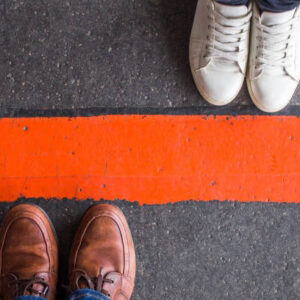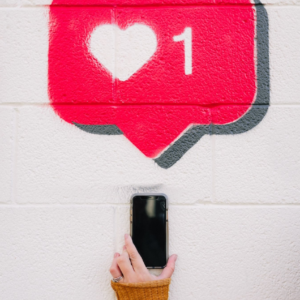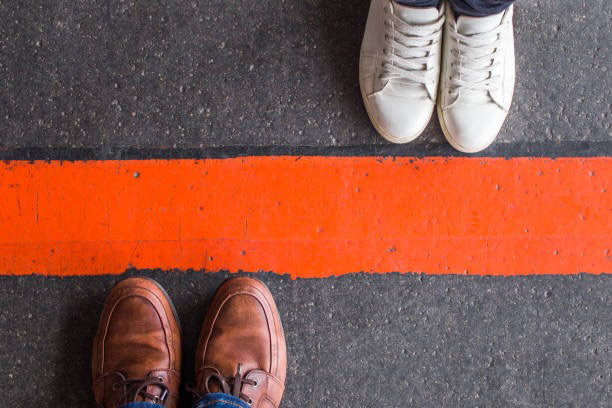I have been reading books about how our brain’s reward systems and addiction. Over time the way we (society in general) think about addiction has shifted. There was a time when alcoholics were institutionalized and lived in shame. When Alcoholics Anonymous started there was a new idea that alcoholism, and by extension addiction, was a disease not a moral failing. It seems to me like science is again shifting our view of addiction.
Addiction in larger context
Science is better able to understand how our brains function which is giving rise to new understanding of why we get addicted. How our reward system gets hijacked into an unending loop looking for satisfaction. Also, that we get addicted to any number of things, not just drugs, alcohol, food, gambling and shopping but also social media, tv, even books and music, whatever brings us escape.
Reading Gabor Mate’s the Myth of Normal and Anna Lembke’s Dopamine Nation I am struck that they both look at society as a big part of the problem. They both write about how our modern society supports a consumerism that also feeds our addictions. We are social animals, so our society helps to shape how our brains develop. In a world full of many stresses and easy access to escapes that are ultimately unfulfilling it is no wonder we have an increasing problem with addiction and other mental illnesses, like depression.
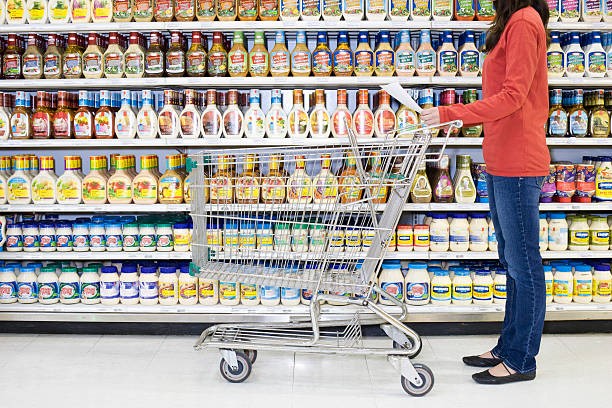
How our brains work
As Dr. Lembke puts it in her book Dopamine Nation, our brain’s mechanisms evolved in a world of scarcity. We are designed to seek pleasure and avoid pain. In a world where we are hunting in stores, the hurdles to overcome are lower and the pleasure less satisfying. We live in a world that sets us up to always be looking for the next thing, and avoiding deeper understanding of any painful situations.
We skim over the little pleasures as we seek still higher highs in whatever areas give us pleasure. Instant gratification and the emptiness that follows is an additive cycle that feeds on itself. Breaking that cycle can be very difficult. But it starts with looking at yourself (collecting data on your own behavior) and giving yourself time off from those behaviors in order to reset yourself.
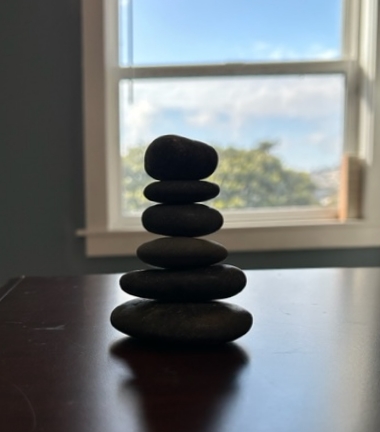
Finding balance
It reminds me of the ancient Greek ideal of the middle way – that the virtuous person strives to stay between extremes, today we’d say “in balance”. Finding balance in a world moving at a rapid pace, with many demands is hard. It is all too easy to get over whelmed and search for escapes.
Our brains are wired to get more of a good thing, and to avoid what is hard, unless necessary to get to the good thing. This works against us today, making us quick to succumb to easy pleasures and avoidant of looking at what might be better options, if those options seem to take more effort.
Immediate gratification makes us impatient when things don’t “just happen”. We become more impatient everywhere. Beginning a cycle that needs to be fueled with even more speed when it stops feeling good.
Breaking the cycle
Breaking that cycle means changing our habits. Change takes time. Both Lembke and Mate see mindfulness as a tool to help break the cycle. We can begin by being present in the moment, slowing down and not getting tangled up in the extreme black and white thinking.
Mindfulness and giving ourselves time away from stress of daily life can give us the perspective we need to avoid some of the traps of modern living. We don’t need to move to the woods and live off the grid to be aware of when we get out of balance and bring ourselves back to center. When centered we are able to look within and look for the root of our discomfort. Looking at ourselves requires we be honest with ourselves about who we are, what we have suffered and what mistakes we’ve made, to gently gain insight and find other options.

